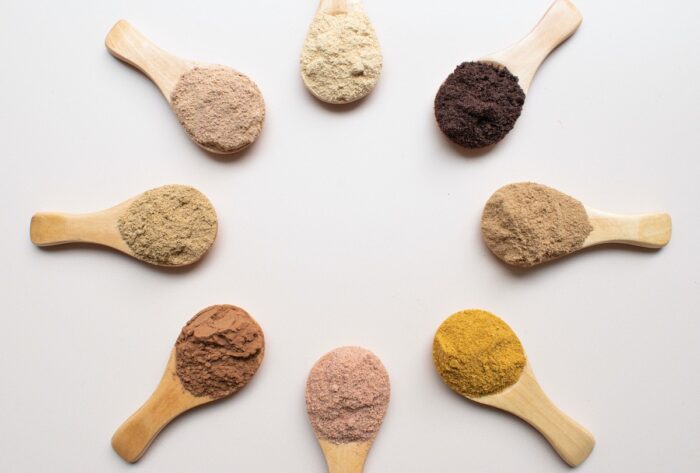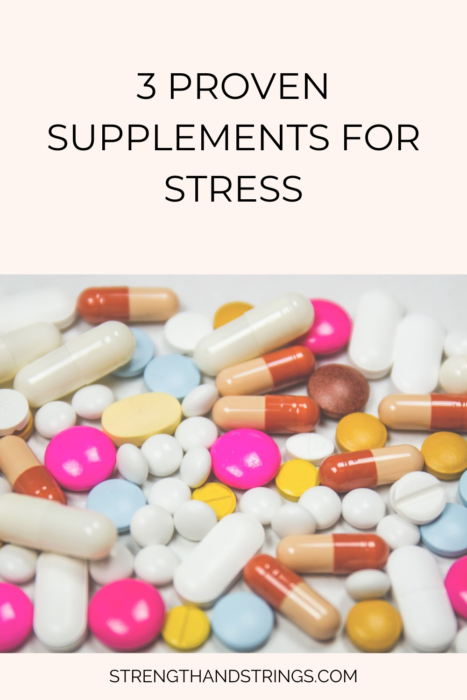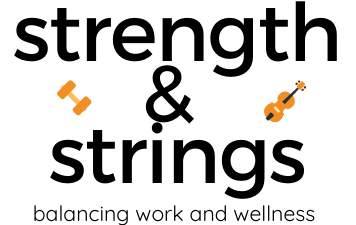
3 proven supplements for stress
The following blog post is for informational purposes only. Consult a medical professional before adding supplements into your diet. Please see our disclaimer for more information.
During my bodybuilding competition prep in 2021, my body started become stressed from the necessary protocols to become ready for the stage.
The long workouts, restricted diet and the workload from my job were negatively impacting my progress. During a conversation with my coach, he suggested trying a few supplements to help my body relax and improve its ability to cope with the stress.
After incorporating these supplements into my routine, I noticed that my body felt more relaxed and found it easier to manage stress. Along with consistent sleep and post workout recovery routines, my body started to respond to the protocols and was able to compete a few months later.
Currently, I use one of these supplements on a regular basis to improve my recovery from strength training and get better sleep.
If you have been struggling to relax and decrease your stress levels, adding one or two of these supplements for stress in conjunction with stress management strategies may improve your physical and mental well-being.
3 supplements for stress
The three supplements for stress my coach recommended during my competition prep were magnesium, ashwagandha and L-theanine.
Magnesium
Magnesium is a naturally occurring nutrient in several foods. It is responsible for many processes in the body such as regulating muscle and nerve function, blood sugar and blood pressure as well as helping build protein and bone.
According to this article, about fifty percent of the US population does not meet the recommended requirement for magnesium through diet. This deficiency can impact the efficacy of vitamin D, which is important for bone health.
Several studies indicate that magnesium can assist with brain functions that reduce stress and anxiety. One particular study states that magnesium can affect the hypothalamus, the part of the brain that regulates the pituitary and adrenal glands. These glands control the body’s stress response.
If you are considering using magnesium supplements, there are several types you can use based on your goals. For stress, it is best to use a form of magnesium that is easily absorbed by the body such as magnesium citrate or chloride. Learn more about the different types here.
I currently use magnesium citrate on a regular basis. I usually take the recommended dosage with my last meal of the day. When I increase my magnesium levels, I notice that recover faster from from my workouts and have more restful sleep.
If you prefer to increase your magnesium levels naturally, consider incorporating the following foods into your diet:
- Leafy green vegetables
- Dark chocolate
- Nuts (walnuts, almonds, cashews)
- Legumes
- Avocados
- Seeds
- Some fish (salmon, mackerel)
- Whole grains
- Tofu
Regardless of how you take your magnesium, optimal levels of this mineral may improve your overall health.

Ashwagandha
Ashwagandha, also known as “Indian Winter cherry” or Indian Ginseng,” is a type of adaptogen used in Ayurvedic medicine.
Adaptogens are plants that bring the body back to homeostasis or natural state by helping the body cope with stress when used in normal doses. Some of the benefits for using ashwagandha are:
- Normalizes cortisol levels, which reduces the stress response.
- Reduces inflammation.
- Reduces cancer risks.
- Improves memory.
- Improves immune function and anti-aging properties.
- Eases stress and anxiety.
source: Cleveland Clinic
Ashwagandha can be taken in the form of capsules, gummies, liquid drops and powders. How you choose to take this supplement is your preference, however, it is most effective when used as a powder. I personally use it in the form of capsules since ashwagandha has a bitter taste.
L-theanine
L-theanine is a non-essential amino acid found in green tea, black tea and mushrooms. Although there is little high-quality research, small studies in humans and tests on animals indicate some benefit.
Based on the research, it is possible that consuming l-theanine may alter the balance of chemicals in the brain that affect mood, sleep and the stress response. Some of the chemicals include serotonin and dopamine.
Some of the benefits of l-theanine are:
- better mental focus
- improved sleep
- relaxation
- reduced blood pressure
- weight loss
During my competition, I received my dose of l-theanine from green tea. I am not sure how effective this was on my body because I was using the other two supplements at the same time. I will look into this more at a later date.
Final considerations
Incorporating magnesium, ashwagandha and l-theanine may help you reduce your stress levels. Please remember that these supplements should be used in conjunction with other stress management techniques like setting boundaries for maximum benefit.
As always, please consult your doctor before introducing supplements into your diet.
Have you tried any of these supplements for reducing stress?






